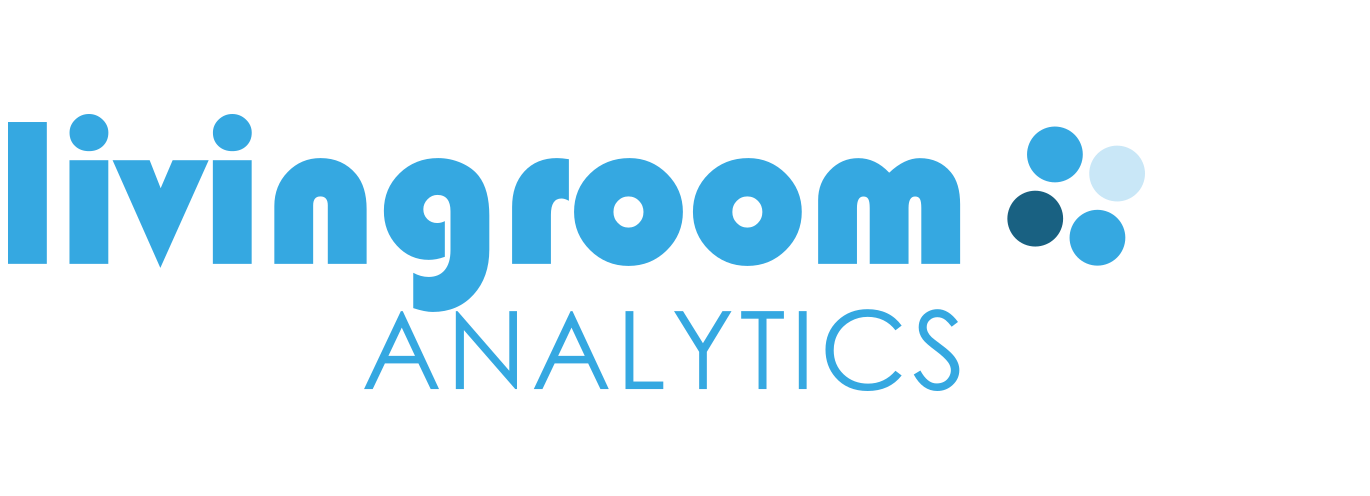5 Outstanding HR Principles For The Long Haul
Too many HR teams succumb to unsustainable short-term thinking. On a daily basis, HR teams face demands and expectations, shortages of manpower, organizational challenges and crisis, tough decisions, and limited budgets. It’s easy to buy into short-term results and fall prey to shortsighted perspectives.
By adopting 5 fundamental principles, HR teams and managers can become exceptional and rise above the daily duties and demands, regardless of challenges in manpower, money, or support. It’s not that exceptional HR teams don’t find these challenges difficult—they’re guided by beliefs and principles that don’t let them get off course.
These HR teams think long term. They don’t lapse into half-hearted solutions. Consultants who make audacious quick-fix promises don’t charm them. They are not obsessed with being in control. Rather, these HR teams make informed decisions based on short-term and long-term consequences.
HR teams that stand out know that great results require persistence and hard work. They’re disciplined. As Andrew Hendrixson says, “Anyone who has ever made anything of importance was disciplined.”
As a consultant, I have been engaged with companies and leaders for decades. In my conversations with HR leaders, I haven’t noticed a big difference in tools, techniques, or knowledge. What has surprised me, however, is the gap among these leaders when it comes to their fundamental perspectives.
What characterizes exceptional HR teams is not their tools and toys, but their fundamental principles. These building blocks often lead to success in the long run—and they aren’t new or exotic. They’re in line with 30 years of groundbreaking research in organizational behavior, social psychology, and sociology. In practice, though, they’re often neglected. So, what are these principles?
1. People Are The Building And Technology Is The Tool
While exceptional HR teams access and master tools, surveys, metrics, and big data, they always keep their eyes on people. From the many HR blogs on the Internet, we might believe that new technology is about to disrupt everything in HR and make it useless. This is a big mistake.
HR teams that make a real difference know that while technology brings wonderful opportunities, people are the building and technology is the tool—not the opposite! Unless people in an organization grow, mature, and change behavior, regardless of aspect—engagement, creativity, knowledge sharing, leadership, trustworthiness, belonging, or thriving—there is no real change.
2. Programs Are Not The End Goal
Programs and projects are captivating. They often have persuasive names such as “Success Factors” and originate from famous business schools or well known, top-tier consulting firms. Programs for performance, diversity, and innovation look good and bring a feeling of execution. After all, programs are what HR is all about.
Sustainable HR teams and leaders know that programs, no matter how famous or captivating, are not the real deal. Performance management systems are only valuable if they contribute to employee performance. Compliance programs that are worth the investment, for example, are the ones that facilitate a compliance culture.
Recently, I had a discussion with an HR manager about a big culture project in a major Danish company, with numerous actions but scarce results. Often, less is more, as Josh Bersin points out in his interesting Forbes article, “Why Simplicity Is The Next Big Thing In HR And Business.”
What we want to see are actual processes. We want to see programs that facilitate the HR value chain and talent management process: founding a people pipeline from recruiting to onboarding, training, learning, and leadership. Only when programs foster real processes are they truly prosperous.
3. Individuals Matter But Communities Are The Golden Egg
HR teams that produce exceptional results, like Airbnb’s “Employee Experience” team, are attentive to individuals and their unique gifting, but also know that the great power lays in communities.
Traditionally, HR has focused on administrating, motivating, surveying, and rewarding the individual employee. Appreciating individual skills, gifting, and needs, as well as aiding individual career paths, are important HR duties. Employees want to feel special. But, as the Danish HR authority, Henrik Holt Larsen, underlines in his book on Talent Management, this can’t be the only focus. In fact, it’s about the change.
Exceptional HR teams know that the company’s vision, mission, and strategy goals can only be achieved through a collective effort. Only when individuals, with their unique gifting and abilities, find their place in the community can they gain a sense of belonging. They experience meaning and purpose from being part of something bigger than themselves. Neuroscience research has found that our brains are hard-wired for community. Extensive research within social psychology shows that belonging to workplace groups, among others, facilitates employee engagement, productivity, job satisfaction, learning, collaboration, and retention.
It’s remarkable how little knowledge, understanding, and effort companies put into establishing workplace communities. Exceptional HR teams support leaders in building warm and embracing organizational communities.
4. Culture Aligned With Strategy Breeds Success
Some HR departments are preoccupied with running operations. While keeping the HR machinery running smoothly and efficiently is a big achievement, it’s not enough.
HR teams that truly make a difference take responsibility for the culture. They know that culture eats strategy for breakfast. Only when culture is aligned with the company’s mission, goals, and key focus areas, can it serve the company well. Exceptional HR teams don’t leave this task with the line leaders alone—they take responsibility for building cultures that contribute to business results.
5. Worthy Values Win Respect In The Long Run
HR teams and leaders that gain respect and admiration in the long run are the ones that embody worthy values and walk the talk, plain and simple. It is not true what one HR blog poster recently titled his blog: “A Human Resource Career Is Not For ‘Nice’ People.”
Exceptional HR teams, while acknowledging the need for tough decisions and drawing a line every now and then, are true role models. They live by example, and guard the flock. Recently, I asked a successful HR manager of a large Danish manufacturer and retailer company about his personal values. I absolutely admire the answer: “I attempt to model openness and involvement, being pragmatic, having a positive attitude, and treating others as I want to be treated.”
Connecting the Lines
Exceptional HR teams and leaders did not have fairy godmothers hovering over their cribs. They’ve simply committed themselves to principles that anyone can adopt as their own.
They think more about doing good and achieving results rather than looking good and receiving applause.
Want to read more articles like this? Join the Livingroom Newsletter
ABOUT THE AUTHOR
Roar V. Bovim is an experienced speaker and consultant to a number of large and medium-sized companies. He holds a PhD in organizational identity and social psychology and is a lecturer at the Copenhagen Business School.
Roar founded Livingroom Analytics. Livingroom is the intelligent and comprehensive solution for managing and improving employee experience and engagement. Every company faces the challenge of building a workplace where people feel engaged and perform well. Livingroom helps managers identify people challenges as well as delivering the right tailored actions for improvement.


